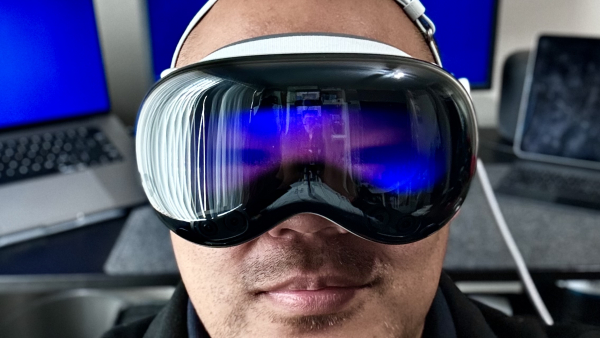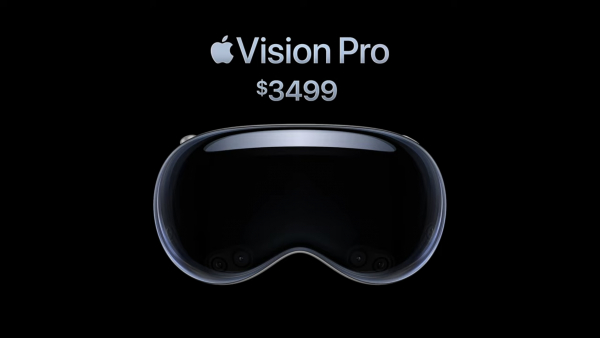The hype cycle has completely come and gone these past few months, but I've been using my AVP every day since launch and I've collected all my thoughts on the hardware, software, and user experience into this post.


The hype cycle has completely come and gone these past few months, but I've been using my AVP every day since launch and I've collected all my thoughts on the hardware, software, and user experience into this post.
Hugo Barra, Facebook's Former Vice President of Virtual Reality and Head of Oculus Division, discusses his thoughts and appreciations of Apple Vision Pro.
Palmer Luckey, founder of Oculus, discusses his thoughts on Apple Vision Pro.

Lots of hot takes immediately dismissing the Apple Vision Pro. They're all short-sighted. Here are some historical fun facts about Apple products:
So what are people saying about Apple Vision Pro?
Yes, that's true. As Ben Evans puts it:
Meta is trying to catalyze an ecosystem while we wait for the right hardware - Apple is trying to catalyze an ecosystem while we wait for the right price.
Both paths are good bets…but I think Apple's vision is smarter.
Zuckerberg envisions everyone wearing VR headsets for most hours of the day, both at work and at home. His belief is that your digital life will be as important as your physical life. To Zuckerberg, living in the digital world is socializing, not isolating.
Apple disagrees. Tim Cook has said for years that the goal is to have AR enhance the real world around you. The Vision Pro is built from the ground up to let interact with both the real world and the digital world at the same time.
Nilay Patel of The Verge, summed it up the best:
Meta Quest 2 is a mid-range Android smartphone on your face.
Apple Vision Pro is a MacBook on your face.
In the pre-iPhone era, the smartphone was thought of as a cell phone with apps. Then Apple launched a mobile computer with a phone app.
If the "metaverse" is going to be a thing, Apple will make it just one dimension of spatial computing.
Yup, and that's fine for this v1.0 model! This generation is targeted for developers and will only be used for indoor, stationary situations. The fun begins when it becomes portable, but we need developers to make that meaningful.
I gotta admit, the spacial camera demo of the father recording his kid's birthday while wearing Apple Vision Pro is a bit cringey…and we all know how Google Glass was rejected. But remember: there was a time when having a camera on a cellphone was considered creepy too.
We'll see how this pans out, but for now, Apple Vision Pro will clearly indicate to others when you are recording.
I'm not planning on it either, lol. But that's fine, because Apple is playing a very, very long-game here.
Overall, Apple Vision Pro is a massive step towards AR glasses. This is a long stop-gap to get developers building on the AR platform until the product is portable to wear outside and affordable enough for the common consumer.
And if there's any tech company in the world that will miniaturize powerful hardware into something the size of a pair of sunglasses, it's Apple.
I was on a panel this evening about the future evolution of VR. At one point I made the argument that people who try to “make their film in VR” are getting it very wrong. In fact, I argued, VR is essentially the very opposite of cinema.
The most salient feature of a movie is that everybody in the audience sees exactly the same thing. The goal of a cinematographer, an editor, a lighting designer in movie making is, in fact, to optimize for a single viewpoint. The craft of filmmaking is built around this fundamental imperative.
In contrast, future content in VR will have far more in common with theater: Everybody will see events unfold from their own unique viewpoint. VR has even more in common with immersive theater, in which audience members are free to roam around on their own.